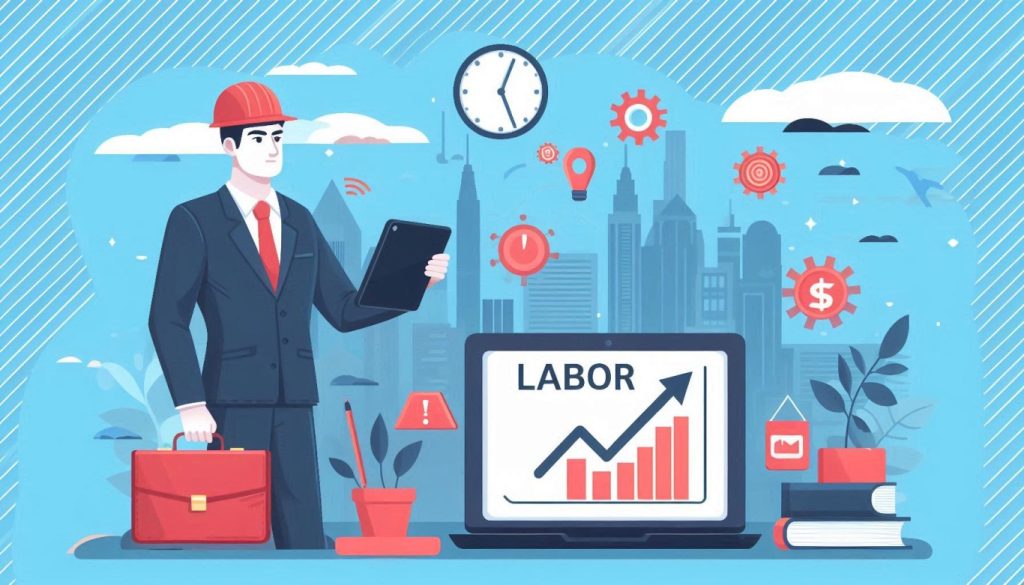A labor contract is one of the fundamental elements that ensures the rights and obligations of both employees and employers in Vietnam. According to the provisions of the 2019 Labor Code, labor contracts are defined with the following key points: Definition and Nature of a Labor Contract According to Article 13 of the Labor Code,…
A labor contract is an important legal basis that governs the relationship between employers and employees in Vietnam. It not only ensures the rights and obligations of both parties but also complies with current labor laws. Creating a clear and detailed labor contract helps minimize disputes and protect the legal rights of both the employee…
Collective bargaining and dialogue are essential tools for maintaining peaceful and fair labor relations between employees and employers. As the economy develops, labor relations have become more diverse and complex. Therefore, Vietnamese law has established specific regulations on collective bargaining and dialogue to address labor disputes and ensure the rights of both employees and employers….
Collective labor agreements are an essential legal tool that governs the rights and duties of employees and employers in the workplace. In Vietnam, these agreements not only serve as a mutual understanding between the parties but also act as a mechanism to protect the legal rights of employees while promoting fairness and transparency in labor…
Wages are a critical factor in the labor relationship, reflecting the value of the employee’s work and serving as a basis to ensure their rights throughout the employment process. In Vietnam, labor law clearly defines the payment of wages to employees, from minimum wages to allowances and bonuses, in order to protect employees’ legitimate rights….
In a significant development of labor rights in Vietnam, the Vietnam General Confederation of Labor (VGCL) has proposed a draft of a revised law on trade unions that would extend trade union membership rights to foreign employees. This progressive amendment aims to replace the 2012 Law on Trade Unions and marks a substantial step towards…
The International Labor Organization (ILO) has identified significant challenges facing the labor market and social equity in the Asia-Pacific region. Despite the gradual recovery of global economic growth, it remains slow, and the Vietnam labor market reflects this sluggish pace. Long-term employment growth has maintained an average rate, with the unemployment rate remaining almost unchanged….
Starting from July 2024, Vietnam will implement a series of important wage policy reforms aimed at improving the livelihoods of workers and pensioners. According to a resolution passed by the National Assembly, the basic and minimum wages will be increased, bringing significant changes for millions of people. Increasing Basic Wage from VND 1.8 Million to…
Insurance and pension policies will undergo significant changes from July 2025, affecting tens of millions of workers in Vietnam. The amended Social Insurance Law will take effect on July 1, 2025, with major changes such as: Restricting Lump-Sum Social Insurance Withdrawals Starting from July 1, 2025, new social insurance participants will not be allowed to…
On September 18, 2023, the Vietnamese Government enacted Decree No. 70/2023/ND-CP, which amends and augments specific provisions outlined in Decree No. 152/2020/ND-CP. This decree addresses the recruitment of foreign workers in Vietnam, as well as the hiring and oversight of Vietnamese employees working for foreign individuals and entities in the country. A work permit is…

 Tiếng Việt
Tiếng Việt 中文 (中国)
中文 (中国) 日本語
日本語










